Recent Images
Color Cone Eye Test
Like bees you have four types of cones. At the end of the test you will be asked for your email address to view your results.
color cone eye test is important information accompanied by photo and HD pictures sourced from all websites in the world. Download this image for free in High-Definition resolution the choice "download button" below. If you do not find the exact resolution you are looking for, then go for a native or higher resolution.
Don't forget to bookmark color cone eye test using Ctrl + D (PC) or Command + D (macos). If you are using mobile phone, you could also use menu drawer from browser. Whether it's Windows, Mac, iOs or Android, you will be able to download the images using download button.
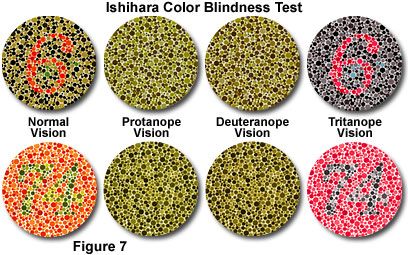 The Physics Of Light And Color Human Vision And Color
The Physics Of Light And Color Human Vision And Color
With 15 years of us air force research the test is sensitive enough to detect severity of cone deficiency as well congenital color deficiencies.

Color cone eye test. If you think you have color blindness you can take this quick color blind test to learn more about your color vision. All of the plates contains a circle of dots appearing in random order of color and size. The rabin cone test can be used to detect and monitor acquired color deficiency caused by amd glaucoma diabetic retinopathy ms parkinsons disease tbi retinal toxicity due to high risks meds such as plaquenil.
These signals can then be combined in the brain into a total. Between 33 and 39 color nuances. About 50 percent of the population is a trichromat.
But if you see between 33 and 39 colors you are a tetrochromat with four cones which means you see purple blue green red and yellow areas well. If you believe you could have color vision deficiency consult with your eye care professional. Count the colors you see in this spectrum.
That means you have three types of cones in your eye in the purpleblue green and red area. Trichromats make up half the population. Dervals says trichromats enjoy different colors and can appreciate them.
You are a trichromat. Between 20 and 32 color nuances. If you see 20 to 32 color nuances you are a trichromat with three cones and see well in the purple blue green and red areas.
You have three types of cones in the purpleblue green and red area 50 of the population. Acquired color deficiencies are commonly s cone blue yellow type but may also affect l and m cones. The typical human being has three different types of cones that divide up visual color information into red green and blue signals.
The blue cones are coded by a gene on chromosome 7 and are rarely subject to genetic errors. Ishihara test a type of color blind test is a fast and simple way to determine whether or not you are struggling. Color blind test or the ishihara test contains of a number of colored plates known as ishihara plates.
Between 32 and 39 distinctive colors. Take the test to find out if you could be colorblind. There are 3 main types of colorblindness.
We call these men dichromats as their colour vision relies on only two types of cone. Clinical benefits of diagnostic color vision testing. You are a tetrachromat.
Just like a bumblebee youre a tetrachromat. Contemporary eye care includes qualitative and quantitative assessment of this important measure of visual function. Color blindness or deficiency means your photopigments are abnormal causing your color perception to be limited and inaccurate.
 Impossible Color Wikipedia
Impossible Color Wikipedia

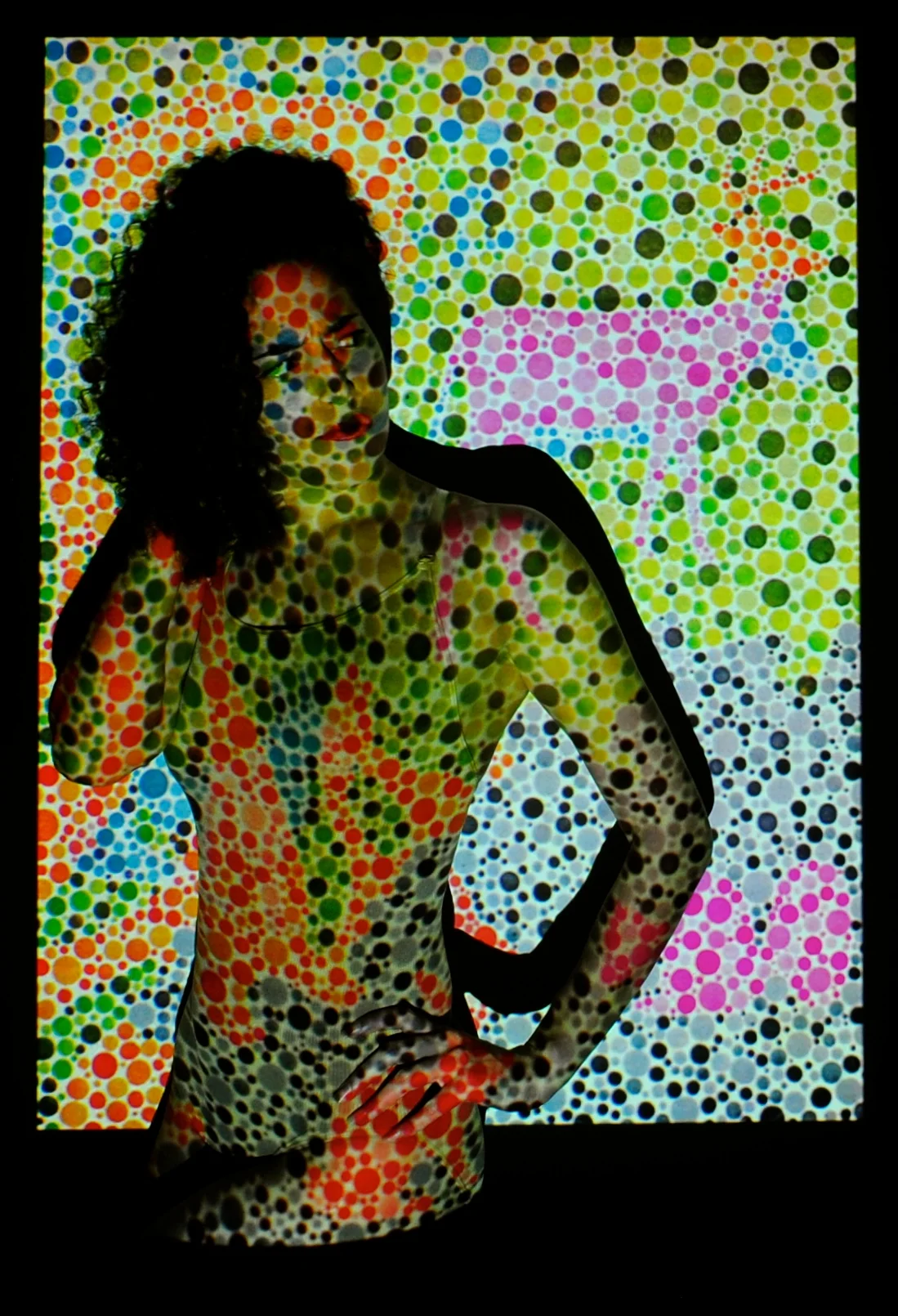
 Enchroma Color Vision Test Salle Opticians
Enchroma Color Vision Test Salle Opticians
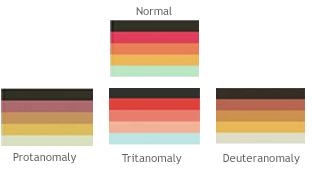 Testing Color Vision
Testing Color Vision
Color Perception By Michael Kalloniatis And Charles Luu
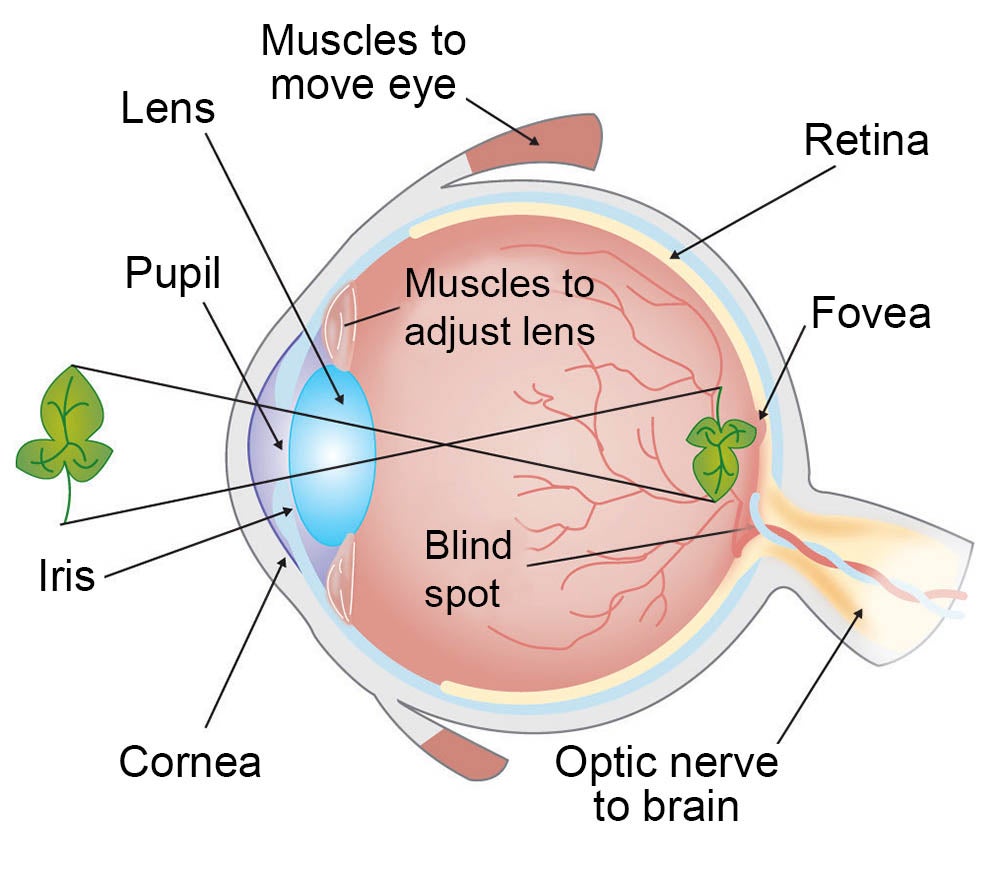 How Do We See Light Ask A Biologist
How Do We See Light Ask A Biologist
:max_bytes(150000):strip_icc()/colorful-female-eye-macro-photography-eyesight-contact-lens-vision-biometrics-concept-177681307-59a08a1b6f53ba0011755d85.jpg) Impossible Colors And How To See Them
Impossible Colors And How To See Them
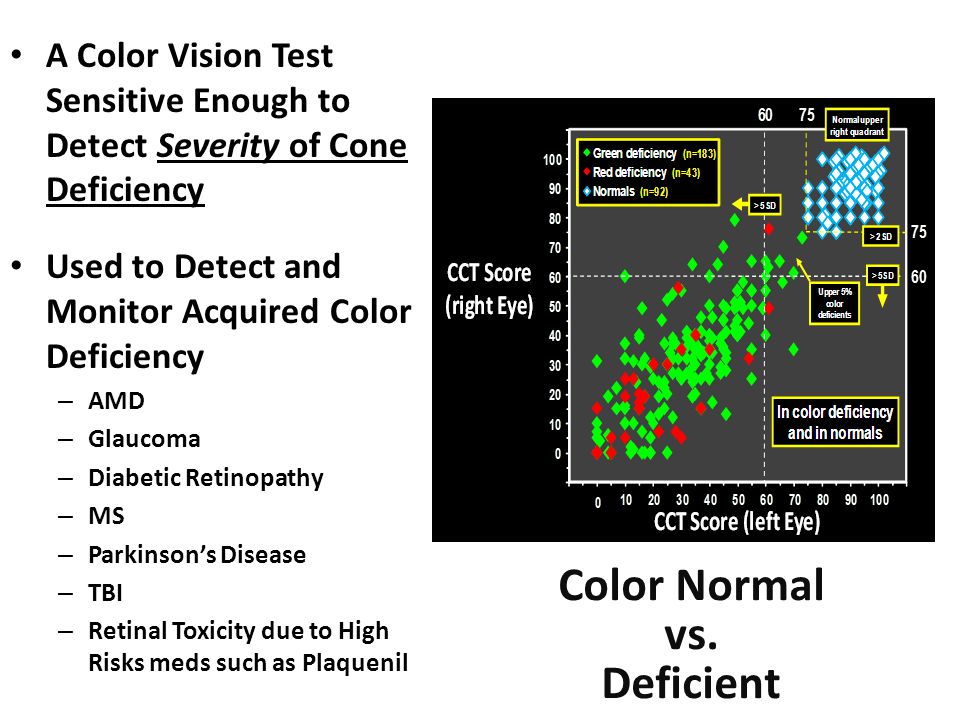 Innovative Color Vision Testing Simultaneous Congenital
Innovative Color Vision Testing Simultaneous Congenital
 Color Vision Deficiency
Color Vision Deficiency
 Color Blind Test Can You Actually See All The Colors
Color Blind Test Can You Actually See All The Colors
 The Eyes Have It Seeing Ultraviolet Exploring Color
The Eyes Have It Seeing Ultraviolet Exploring Color
 Color Blindness Causes Types And Treatments Explained
Color Blindness Causes Types And Treatments Explained
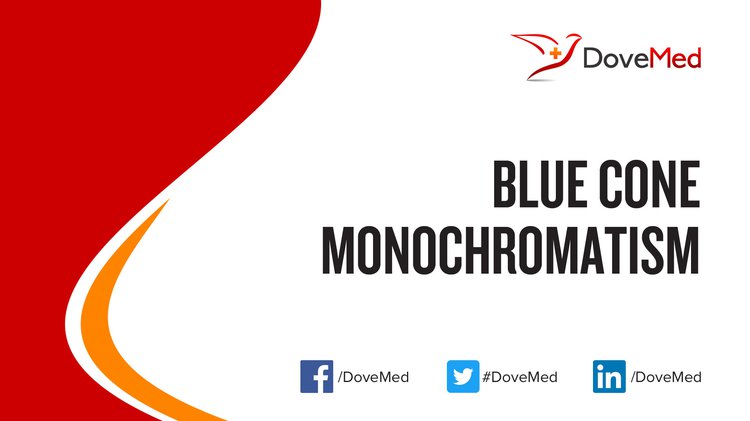 Blue Cone Monochromatism
Blue Cone Monochromatism
 Theories
Theories
:max_bytes(150000):strip_icc()/an-ishihara-chart-for-testing-colour-blindness-c-1959-107885343-575aa8dd5f9b5892e8107139.jpg) What Does It Look Like To Be Color Blind
What Does It Look Like To Be Color Blind
71 Color Vision By Peter Gouras Webvision
 Do You Have Super Color Vision
Do You Have Super Color Vision
The Color Sensitive Cones
 The Eye And Color Perception
The Eye And Color Perception
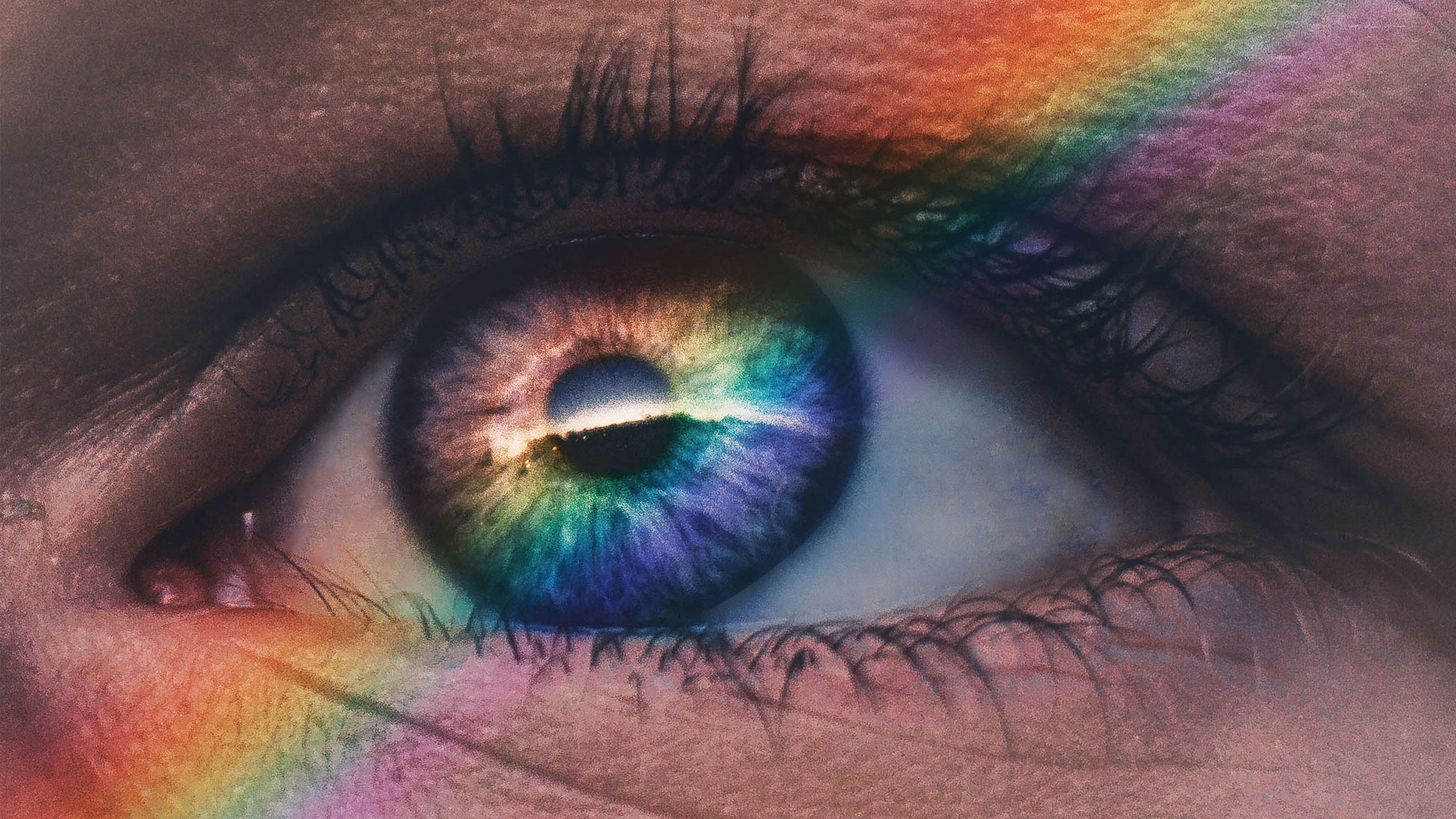 Color Blindness How To Design An Accessible User Interface
Color Blindness How To Design An Accessible User Interface